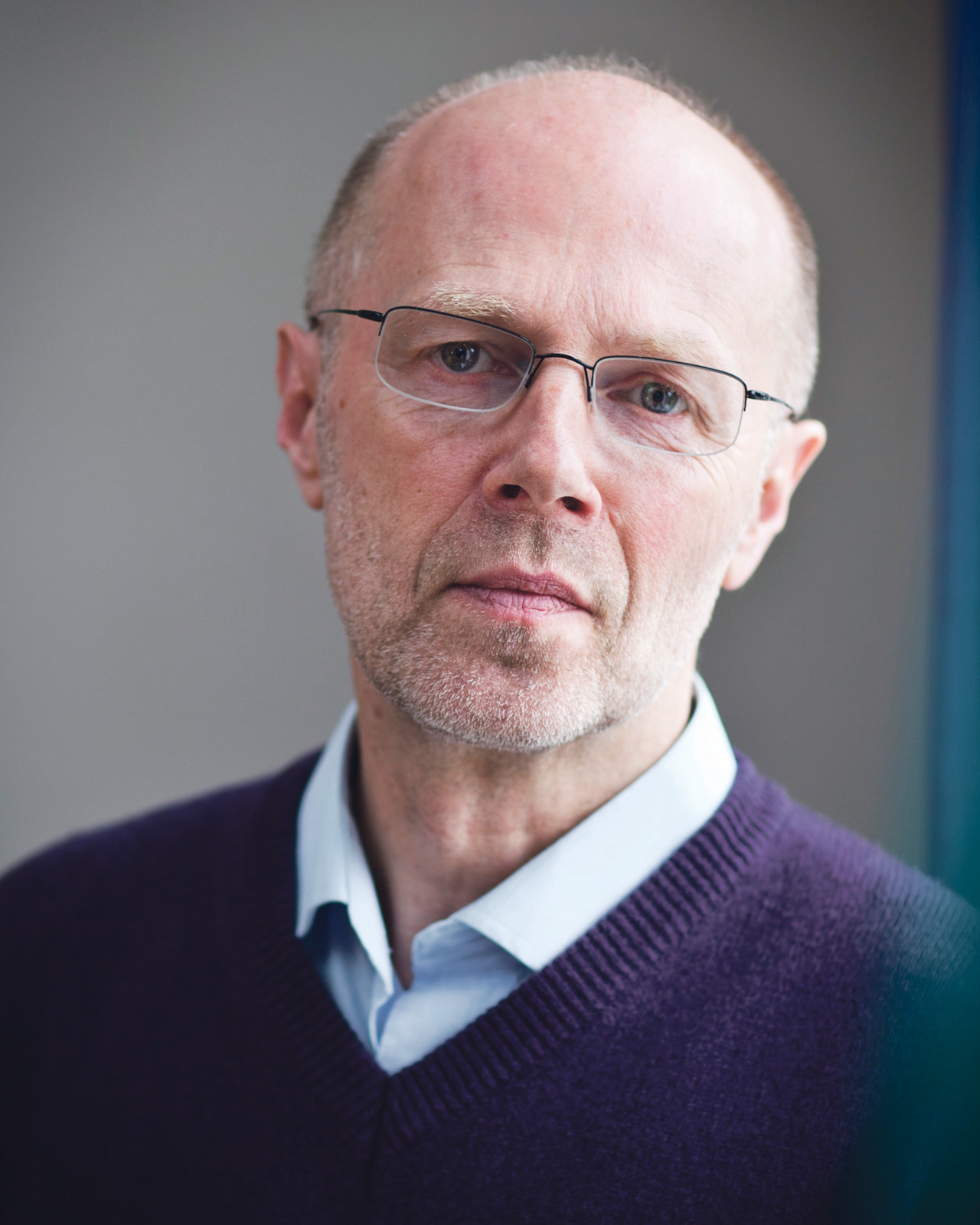From lively debaters to powerless spectators
In recent weeks the Danish media have been focusing on freedom of speech and the way issues are debated at Aarhus University. Professor Henrik Kaare Nielsen does not feel that researchers need to be careful about what they say in public. But the politicians don’t want them to imagine that anyone will necessarily listen to what they have to say.

Professor of Aesthetics and Culture Henrik Kaare Nielsen does not recognise the image of a culture of silence prevailing at the Danish universities. He believes that the debate at and about the universities has narrowed down because researchers no longer harbour expectations of criticism being any use.
In a feature published in the Danish newspaper Information on 21 February, the professor stated that researchers have resigned themselves to the situation and are now reduced to being powerless spectators in a lengthy top-down process that will turn the educational university into an invoice-focused university.
Professor Nielsen has gone all the way from student riots to the subsequent professional criticism in the 1970s. He remembers it as a period with a very lively and candid public debate.
“To a large extent, however, it was supported by really dogmatic, power-political agendas, which not only thought they were academically right, but would also decide the university’s strategic endeavours.”
Little dictators and dogmatism
The host of professors who effectively ran the Danish universities before 1973 included little dictators who locally defined what was true and qualified knowledge. This also created a certain stability, and nobody poked into each other’s field of study.
“In a way, this was the top-down management of the time with an academic foundation,” says Professor Nielsen.
The student rebellion and the democratic administrative law from 1973 led to a break-up of this monopoly, where students and young lecturers could now take part in defining qualified knowledge.
“The battles over academic supremacy were taken up in the staff-elected collegial and subject-related bodies. However, this easily led to dogmatisation and power struggles that were mainly intended to take specific academic positions into account rather than regarding departmental interests as something that could be the object of a particular type of public debate,” says Professor Nielsen.
Weak pluralism with tolerance
The dogmatism died out completely in the 1980s and was challenged by the post-modern uprising. “And it was refreshing,” says Professor Nielsen in retrospect.
However, the professor believes it ended in what he calls weak pluralism.
“In principle, you could work in whatever tradition you liked, without being accountable to criticism from other academic positions. It meant considerable tolerance, but also a tendency towards mutual indifference. The overall academic public was to all intents and purposes cancelled, and academic development therefore lacked the drive that can be connected with clinching with each other in mutual respect.”
No guarantee of academic insight
After 2003 a single-strand management structure was introduced at Danish universities following a new Universities Act: management staff were appointed, and the rector was elected by a board containing a majority of external representatives. A good number of university staff have subsequently criticised this change, claiming that it has strangled all sense of free and open debate.
You talk about a prevalence of apathy at the university as opposed to previously, when there was a feeling of being able to take action and gain influence. Are you saying that academic competence now has no chance of being heard?
“Exactly, in narrow local contexts. But when it’s about large departments and at faculty level, there are no forums for developing shared understanding. And there’s no guarantee that academic insight will be heard.”
Management casts a sideways glance at loyalty
Do researchers hold back when it comes to taking part in public debates?
“I don’t think so. But the whole political manoeuvre in removing the researchers’ co-determination and turning the educational university into an invoice-focused university has fairly clearly indicated that researchers should no longer imagine they’ll be heard. Something else should happen than what the researchers want.”
Do you regard the debate culture as a sign that people today have more loyalty to their workplace?
“I think so. You see the universities are very like private companies today. The work of the individual very much depends on how the company performs. We didn’t have this in mind at all in the 1970s, when the university was indeed a public institution that should serve scholarship and the common good. Now that the university’s interest has been reduced to a question of its own survival, the management casts a sideways glance at the individual employee’s loyalty. But I don’t know how much the individual thinks along those lines when they feel there’s something to criticise.”
